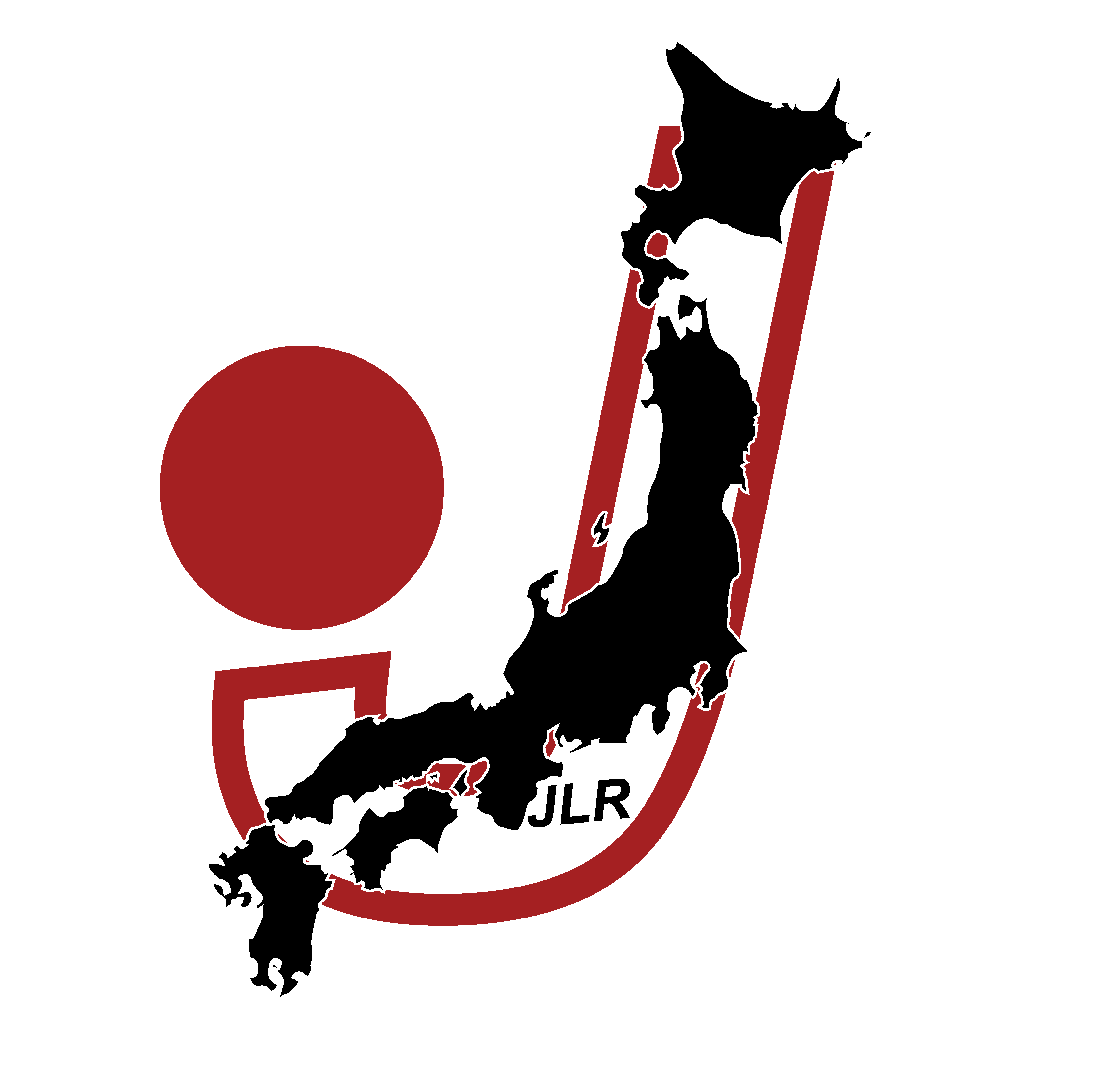June 21, 2017. It’s a rainy night for the first day of Summer, but football can’t wait: Emperor’s Cup is on its way and Hokkaido Consadole Sapporo – who just reached J1 after a four years-absence – are hosting a small side with big ambitions, Iwaki FC. The back-then amateur side doesn’t stand a chance against the major team from Hokkaido, right? You couldn’t be more wrong.
After crushing Norbritz Hokkaido 8-2 in the First Round, Iwaki make the extra step for greatness. In one of the most notable upsets of the last years, the guests took the lead, only to lose it in injury time. But then, in extra time, Iwaki were able to score three more goals and gain a shot at the Third Round, where they were going to be defeated by Shimizu S-Pulse. Nevertheless, it was the start of something magic.
Back in 2017, Iwaki were playing in the top level of Prefectural football, literally dominating the Fukushima Prefectural Football League. They scored 93 goals and conceded none, only to match this incredible achievement by winning also the Division 2 of the Tohoku Soccer League a year later… by scoring 139. Five consecutive titles brought the club from the lower levels of Japanese football to the doorstep of the pro-world.
Iwaki almost made it to J3 at the first shot, when in 2020 they came tantalizingly close to reaching Top 4 and then promotion. Unfortunately, a loss in the last match of the season – against Tegevajaro Miyazaki, who were instead promoted to J3 – squandered this opportunity. It was probably for the best: Iwaki won the 2021 Japan Football League and now they’re ready to rock J3 from the inside.
Building back, better
When we mention Fukushima and its Prefecture, there’s no doubt the Earthquake of 2011 played a role. Back then, Fukushima United FC were the main side of the region, and their world was shattered. Playing became almost impossible, but then the local side reached J3 in 2014, taking part in the inaugural season. Meanwhile, a few miles far away, there was a city lying on the shore, which faced terrible devastation on that terrible March 11, 2011.
Iwaki isn’t small. 320,000 people live there, the second most-populated city in the Tohoku region after Sendai. Even places like Akita, Morioka, Yamagata or Hachinohe – all cities which currently feature a J. League team – are smaller than Iwaki. Iwaki FC was founded in 2012 and the first four years of life saw some improvements, but the big turning point came at the end of 2015.
Just like Stuart Smith testified in a past interview with back-then head coach Peter Huistra (you can read it here), things changed in December 2015. Under Armour decided to invest in the club through Dome Corp., and Satoshi Okura – former J. Leaguer and then an executive at Shonan Bellmare – became the face of the project. The final aim? “Becoming the biggest football city in the whole Tohoku region”.
A pyramid of titles
The goal of transforming Iwaki in both a face for the rebuilding of the region and an example in Japanese football took shape with two main specs: facilities and titles. The first ones came in 2016 and 2017, with the creation of the “Iwaki FC Field” and the “Iwaki FC Park”, creating a clubhouse to be envious about. Furthermore, despite being still in JFL in 2020, Iwaki FC granted pro-contracts for all the players employed in the roster.
And titles started coming without any problem. Iwaki FC went through an unbeaten league run lasting for six years. In fact, they lost four matches in the third division of the Fukushima Prefectural Football League (which was the ninth level in Japanese football). Their successive loss came on August 23, 2020, when Iwaki FC lost away in Oita against Verspah, getting slashed 4-1.
In fact, 2020 represented a small disappointment. Iwaki were third in October and still one point shy of the Top 4 in the second-last match. It didn’t come through, but 2021 was a success: under the guidance of head coach Yuzo Tamura – who worked at Bellmare as a youth coach first and then technical director –, Iwaki achieved their final goal by dominating the 2021 season and winning the title with one game to go.
Ready to surprise
Iwaki are careful at programming their future. Tamura won’t be retained on the bench because a higher call came for him: he became the sporting director, while his place on the dugout will be taken by Hiromasa Suguri, who obtained an S-Class license last year and had some previous J. League experience as an assistant (with Naoki Soma at Machida Zelvia and in the last two years at Yamaga).
The system on the pitch is too reflecting on building a core rather than stars. Among the acquisitions from last Winter, Iwaki brought in nine U-23 players, lowering the average roster age to 23,7 years. In fact, youth squads of Iwaki are winning every time in Fukushima, although there are going to be players to watch, like Daigo Furukawa, Riku Saga, Yuto Yamashita, and Kotaro Arima (who recently joined from Antlers).
What’s the real goal here? Well, it’s not like Iwaki are hiding. In a general council meeting with the mayor in December 2021, there were talks about renovating the stadium for reaching a “J2 or higher” level. The upcoming Derby against Fukushima United FC might look below Iwaki’s ambitions. “Walking to the Dream” is their slogan, but it just seems an understatement: they’re running really fast.
